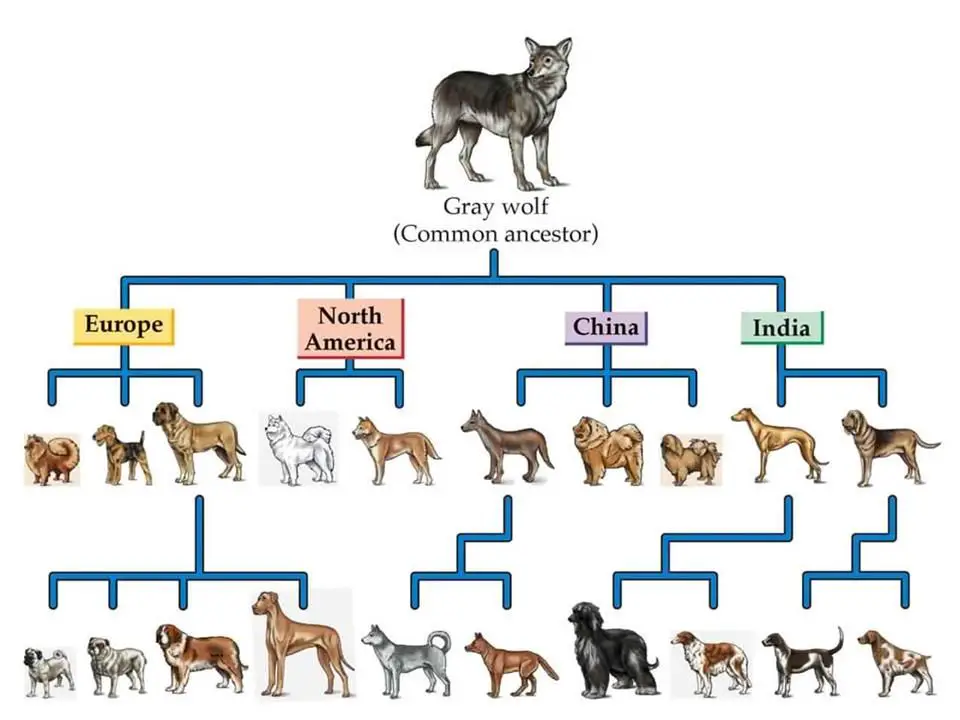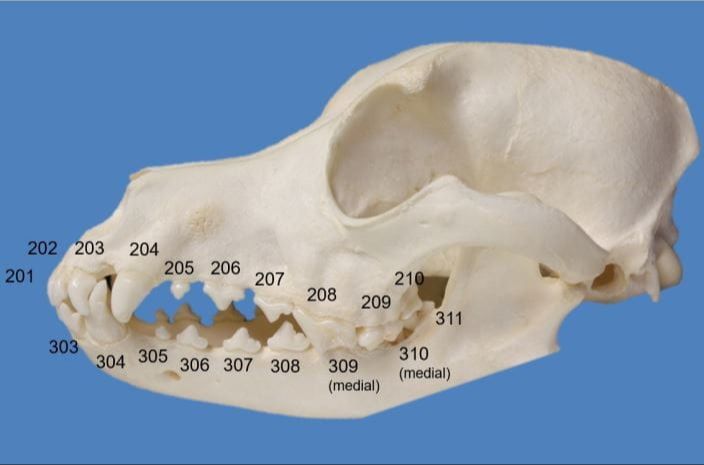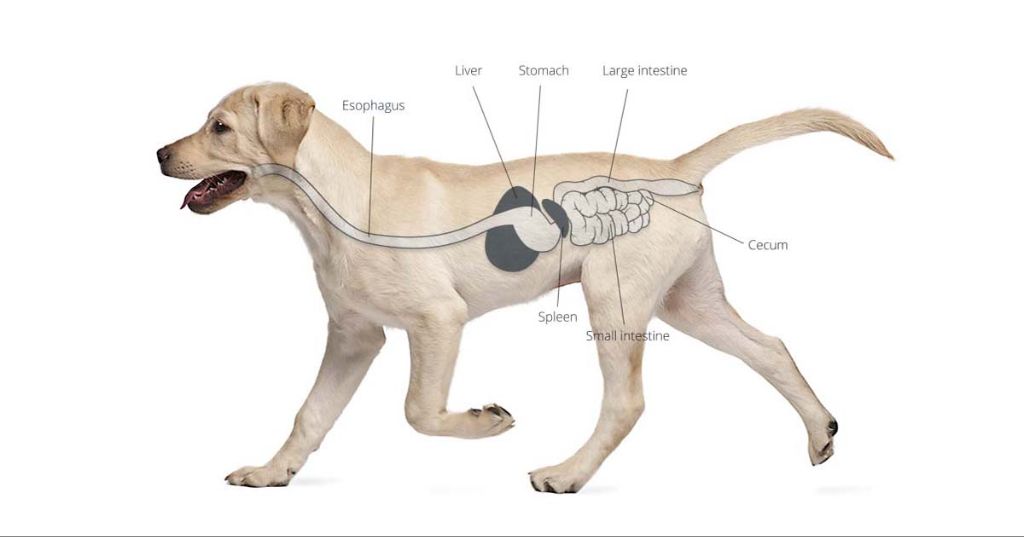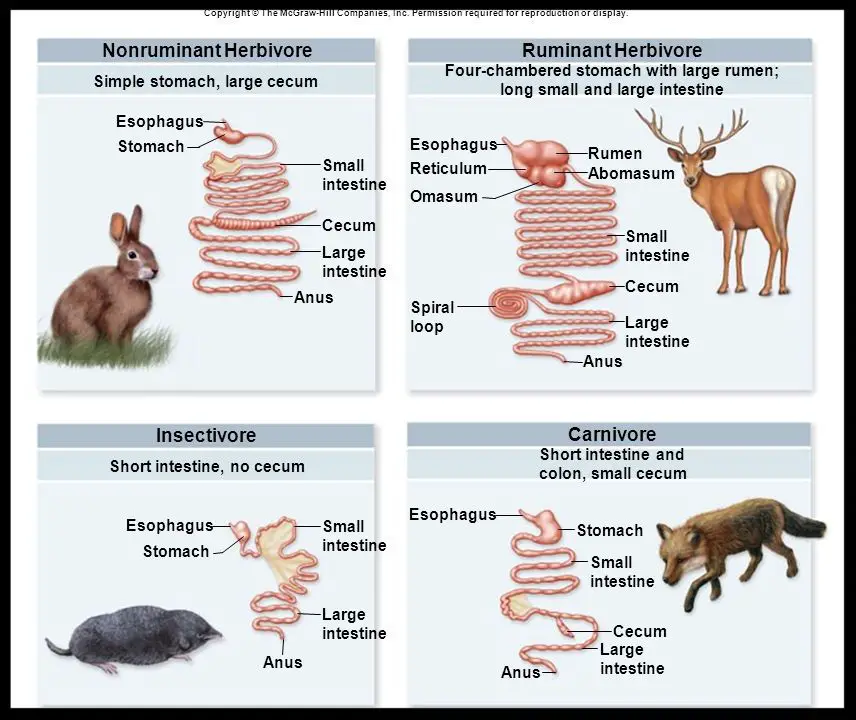Introduction
Dogs are one of the most popular pets worldwide, with an estimated 900 million dogs spread across countries and cultures. Yet myths and misconceptions still abound when it comes to properly caring for our canine companions. One persistent rumor is that dogs can thrive on a vegetarian or vegan diet, devoid of any meat or animal products. But is this really true? Can dogs survive and flourish on a solely herbivorous diet?
Definition of Herbivores
Herbivores are animals that solely obtain nutrients from plant-based foods. Unlike carnivores that primarily eat meat, or omnivores that consume both plant and animal matter, herbivores only consume vegetation. Their diets mainly consist of grass, leaves, fruits, flowers, roots, seeds, nuts, stems, and aquatic vegetation. Examples of herbivorous animals include cattle, sheep, deer, antelope, giraffes, horses, gorillas, elephants, squirrels, rabbits, mice, and many species of birds.
Herbivores have specialized teeth and digestive systems adapted to processing fibrous plant material. They typically have flat grinding teeth suited for crushing and chewing plant matter. Their digestive systems contain symbiotic bacteria and enzymes capable of breaking down cellulose and extracting nutrients from vegetation. Herbivores play an important role in many ecosystems as primary consumers that fuel the rest of the food chain.
Dogs’ Evolutionary History
Dogs belong to the order Carnivora and are closely related to wolves, foxes, and other canine species. Based on genetic and fossil evidence, dogs are believed to have evolved from ancient wolves at least 15,000 years ago. This process happened through the domestication of wolves by early humans.

As wolves began living in closer proximity to humans and relying on food provided by humans, they underwent physical and behavioral changes. Traits that were more favorable for human coexistence, like tameness and reduced aggression, were selected for. Over many generations, this resulted in the domestic dog.
So while dogs are now a separate species from wolves, they evolved from ancestral wolf populations that were hunters and carnivores. The wolf is classified as a hypercarnivore, meaning >70% of its diet consists of meat. Given their shared ancestry, dogs inherited a similar carnivorous bias genetically and physiologically.
Dogs’ Dental Structure
Dogs have a set of pointed teeth specialized for seizing, grasping, shredding and tearing meat. These include long, sharp canine teeth as well as jagged premolars and molars.

In particular, the large, fang-like canine teeth are designed to pierce meat and hold prey. The premolars and molars serve to shred and crush food. They enable dogs to break down tough animal muscle, skin and bones.
In contrast, the teeth of herbivores like cows and horses are broad, flat and spaced widely apart. This allows them to grind and mash plant material. Dogs lack this flattened surface area and gap space suited for processing high-fiber vegetation.
Dogs’ Digestive System

Dogs have a simple and short digestive tract, optimized for processing meat. Their stomach produces strong hydrochloric acid and proteolytic enzymes that are designed to digest animal proteins and fats. The intestines of dogs are much shorter than in herbivores, who require a longer tract in order to break down cellulose and extract nutrients from plant matter. Dogs have a digestive tract only 3-6x their body length, compared to 10-20x in herbivores. This shorter transit time through their gastrointestinal tract allows dogs to get nutrients from meat into their system quicker. A longer tract would be inefficient for processing the dense proteins and fats that dogs are adapted to eat. Overall, the canine digestive system is designed for swiftly absorbing nutrients from animal foods, not plant foods.
Dogs’ Nutritional Needs
Dogs require certain nutrients that can most easily be obtained from animal products, not plant products. This includes:
- Protein – Dogs need a complete protein source with all the essential amino acids. Meat, eggs, and fish provide complete proteins, while plant proteins are often incomplete.
- Fat – Dogs require a balance of omega-3 and omega-6 fatty acids for skin/coat health. These are found in higher amounts in animal fat sources.
- Vitamins/Minerals – Dogs require calcium, iron, zinc, vitamin A, vitamin B12, etc. in bioavailable forms. Many of these are more readily usable from animal sources.
While it is possible to formulate a plant-based diet that meets a dog’s needs, it requires careful supplementation and monitoring. Given dogs evolved to eat meat and do best on an omnivorous diet, most experts recommend including animal products as a nutritional foundation.
Consequences of Feeding Dogs Only Plants

Feeding dogs a diet made up solely of plant foods poses serious health risks. As carnivores, dogs have specific nutritional requirements that plant-based diets fail to fulfill. Some key consequences of feeding dogs a vegan or vegetarian diet include:
Protein Deficiency: Dogs need complete proteins with all the essential amino acids derived from animal sources like meat, organs, and eggs. Plant proteins are often incomplete and lack certain amino acids dogs need.
Fatty Acid Deficiency: Dogs require certain fatty acids like arachidonic acid that are only found naturally in animal foods. Deficiencies can lead to skin, coat, and immune issues.
Vitamin and Mineral Deficiencies: Crucial nutrients like vitamin D, vitamin B12, calcium, and phosphorus are found in insufficient quantities or bioavailability in plant foods. Deficiencies can affect bone health and the nervous system.
Gastrointestinal Problems: The high fiber content in plant-based diets can irritate the digestive tract and cause vomiting, diarrhea, and other issues in dogs.
Weight Loss and Muscle Wasting: The bulk and carbohydrate content of vegan diets makes it difficult for dogs to meet their high energy needs. Dogs can experience dangerous weight loss.
Overall, feeding dogs a strictly plant-based diet goes against their biological needs and can lead to malnutrition, with severe deficiencies over time. Dogs thrive on an omnivorous diet with a significant portion of high-quality animal proteins and fats.
Exceptions
While the vast majority of dogs thrive on an omnivorous diet, there are a small percentage of dogs that may require a plant-based or vegetarian diet due to specific health issues. Some examples include:
- Dogs with gastrointestinal issues or food allergies/sensitivities may benefit from a plant-based diet that eliminates problematic proteins and ingredients.
- Dogs with certain metabolic conditions like liver shunts may need lower protein vegetarian diets under veterinary supervision.
- Some owners may choose plant-based diets for ethical reasons if they are uncomfortable feeding animal products to their pets. However, this should only be done under veterinary supervision to ensure the dog’s health is not compromised.
While plant-based diets for dogs are possible, pet owners should consult closely with a veterinarian to ensure it meets the dog’s nutritional needs. The majority of dogs are still considered omnivores that require meat in their diet to thrive.
Conclusion
Dogs are not herbivores and must have meat in their diet to thrive. As we’ve discussed, dogs evolved from wolves which are carnivores. Their teeth, jaw structure, digestive system, and nutritional needs all point to dogs being carnivores biologically. While dogs can survive on a vegetarian diet with careful nutritional supplementation, it goes against their nature as carnivores. For their health and wellbeing, dogs require adequate protein and fat from animal sources. Feeding dogs only plants could lead to nutritional deficiencies and health issues over time. The vast majority of dogs do best on a primarily meat-based diet, with limited plant matter for variety. In conclusion, the statement that “dogs are herbivores” is demonstrably false based on scientific evidence about canine biology and nutrition.
References
Lorem ipsum dolor sit amet, consectetur adipiscing elit. Sed non risus. Suspendisse lectus tortor, dignissim sit amet, adipiscing nec, ultricies sed, dolor. Cras elementum ultrices diam. Maecenas ligula massa, varius a, semper congue, euismod non, mi. Proin porttitor, orci nec nonummy molestie, enim est eleifend mi, non fermentum diam nisl sit amet erat. Duis semper. Duis arcu massa, scelerisque vitae, consequat in, pretium a, enim. Pellentesque congue. Ut in risus volutpat libero pharetra tempor. Cras vestibulum bibendum augue. Praesent egestas leo in pede. Praesent blandit odio eu enim. Pellentesque sed dui ut augue blandit sodales. Vestibulum ante ipsum primis in faucibus orci luctus et ultrices posuere cubilia Curae; Aliquam nibh. Mauris ac mauris sed pede pellentesque fermentum. Maecenas adipiscing ante non diam sodales hendrerit.
Ut velit mauris, egestas sed, gravida nec, ornare ut, mi. Aenean ut orci vel massa suscipit pulvinar. Nulla sollicitudin. Fusce varius, ligula non tempus aliquam, nunc turpis ullamcorper nibh, in tempus sapien eros vitae ligula. Pellentesque rhoncus nunc et augue. Integer id felis. Curabitur aliquet pellentesque diam. Integer quis metus vitae elit lobortis egestas. Lorem ipsum dolor sit amet, consectetuer adipiscing elit. Morbi vel erat non mauris convallis vehicula. Nulla et sapien. Integer tortor tellus, aliquam faucibus, convallis id, congue eu, quam. Mauris ullamcorper felis vitae erat. Proin feugiat, augue non elementum posuere, metus purus iaculis lectus, et tristique ligula justo vitae magna.
Aliquam convallis sollicitudin purus. Praesent aliquam, enim at fermentum mollis, ligula massa adipiscing nisl, ac euismod nibh nisl eu lectus. Fusce vulputate sem at sapien. Vivamus leo. Aliquam euismod libero eu enim. Nulla nec felis sed leo placerat imperdiet. Aenean suscipit nulla in justo. Suspendisse cursus rutrum augue. Nulla tincidunt tincidunt mi. Curabitur iaculis, lorem vel rhoncus faucibus, felis magna fermentum augue, et ultricies lacus lorem varius purus. Curabitur eu amet.